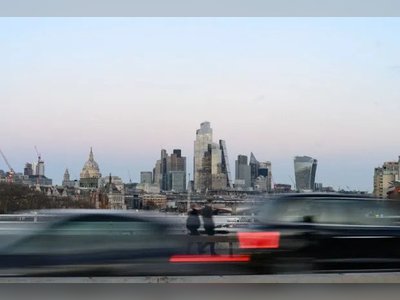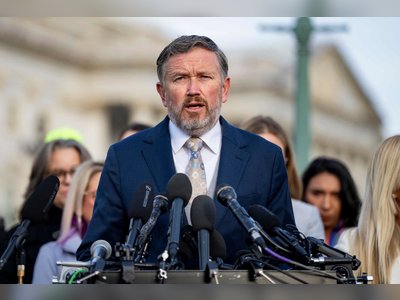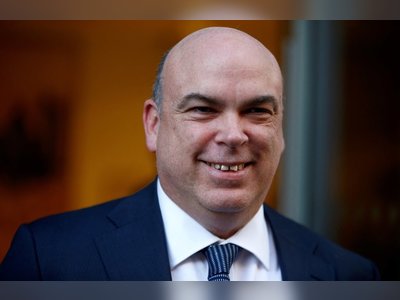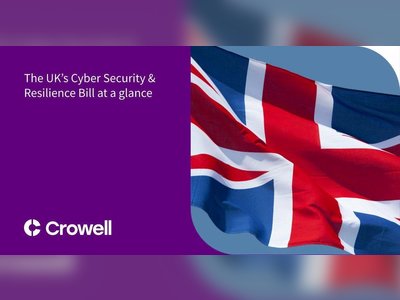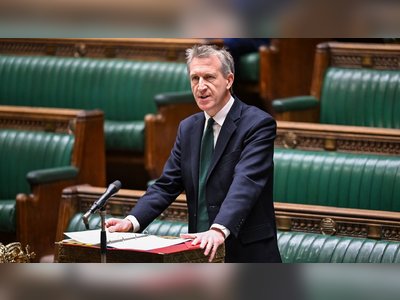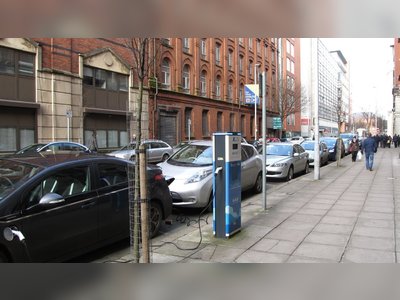EU Insists UK Must Contribute Financially for Access to Electricity Market and Broader Ties
Member states demand UK payments into budget in return for closer post-Brexit engagement in energy and defence programmes
The European Union has declared that the United Kingdom must make financial contributions to the bloc’s budget in order to secure closer integration in key areas such as the internal electricity market and future defence programmes.
Ireland’s Europe Minister, Thomas Byrne, stated that the majority of EU member states believe London should pay a cost in return for enhanced access to what they describe as shared markets.
The demand emerged last week when EU ambassadors green-lit a negotiating mandate for cooperation with the UK. Among the conditions approved is the expectation that the UK will contribute towards the EU budget if it wishes to join the European single electricity market.
The proposal also includes an entry fee for British firms to participate fully in the EU’s €150 billion security-and-defence initiative, with quoted figures ranging up to €6 billion.
Although the UK already covers legacy payments associated with its former membership, Brussels says this new contribution would stem from future access to regulated markets and not from past commitments.
UK officials emphasise that any deal must provide clear value to British industry and consumers and have not agreed to any payment yet, stating that the talks remain at a formative stage.
The negotiation implies the UK may need to align more closely with EU regulatory frameworks, and observers say the financial demands reflect EU concerns over London “cherry-picking” the advantages of the single market without obligations.
Some EU states, led by Germany and the Netherlands, signalled resistance to overly large sums, resulting in softened language in the negotiating mandate.
The UK and EU now face a pivotal test of their “reset” agenda as financial terms become the early stumbling-block in the new relationship.
In parallel, Britain and Brussels have maintained progress in other areas such as easing animal-and-food-inspection checks by the second half of 2026, during Ireland’s presidency of the EU Council.
Nonetheless, the spotlight has shifted to whether the UK is prepared to open the public purse as part of the broader post-Brexit realignment of ties.
Ireland’s Europe Minister, Thomas Byrne, stated that the majority of EU member states believe London should pay a cost in return for enhanced access to what they describe as shared markets.
The demand emerged last week when EU ambassadors green-lit a negotiating mandate for cooperation with the UK. Among the conditions approved is the expectation that the UK will contribute towards the EU budget if it wishes to join the European single electricity market.
The proposal also includes an entry fee for British firms to participate fully in the EU’s €150 billion security-and-defence initiative, with quoted figures ranging up to €6 billion.
Although the UK already covers legacy payments associated with its former membership, Brussels says this new contribution would stem from future access to regulated markets and not from past commitments.
UK officials emphasise that any deal must provide clear value to British industry and consumers and have not agreed to any payment yet, stating that the talks remain at a formative stage.
The negotiation implies the UK may need to align more closely with EU regulatory frameworks, and observers say the financial demands reflect EU concerns over London “cherry-picking” the advantages of the single market without obligations.
Some EU states, led by Germany and the Netherlands, signalled resistance to overly large sums, resulting in softened language in the negotiating mandate.
The UK and EU now face a pivotal test of their “reset” agenda as financial terms become the early stumbling-block in the new relationship.
In parallel, Britain and Brussels have maintained progress in other areas such as easing animal-and-food-inspection checks by the second half of 2026, during Ireland’s presidency of the EU Council.
Nonetheless, the spotlight has shifted to whether the UK is prepared to open the public purse as part of the broader post-Brexit realignment of ties.


